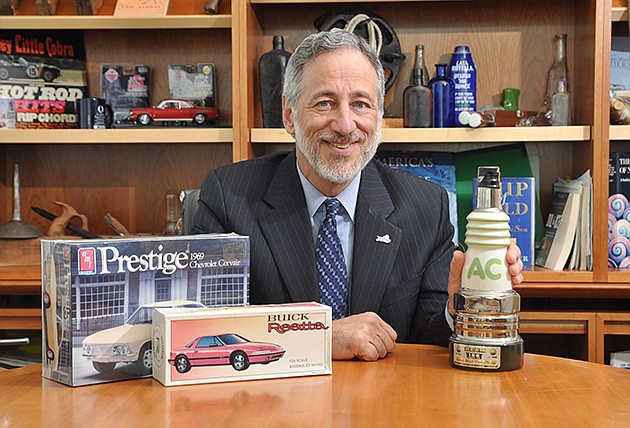- November 24, 2024
-
-
Loading

Loading

Ronald Toll's first college internship scraping barnacles from boat hulls wasn't exactly the dream job he expected when he was studying to become a marine biologist.
But as provost and vice president for academic affairs at Florida Gulf Coast University in Fort Myers, Toll has something entirely different in mind for students today: a full-time paying job for six months in their field of study.
Dubbed “Co-op 6,” the program seeks to connect companies in Southwest Florida with students for six months of gainful employment. “The idea of a co-op program is an internship on steroids,” Toll says.
The effort is timely because of the rapidly falling unemployment rate in Southwest Florida, now in the 5% range. FGCU has 15,000 students, and many of them could become future employees.
For companies that participate in the program, this may be a way to evaluate future job candidates and train them before hiring them. Toll says six-month work programs produce better job placement than the traditional three-month internships. “These companies are really grooming these kids,” says Toll.
While internships generally offer a limited number of hours per week, this program is a 40-hour workweek. Students will work for pay that's above the minimum wage but below the rate paid to those with bachelor's degrees.
“This is not making coffee or cleaning up the CEO's office,” Toll says. “We're looking for a vigorous learning opportunity.”
Although Co-op 6 participants will graduate a semester late because they won't be taking classes, they will earn money they can use to pay off student loans or defray the cost of their last year at FGCU, for example. In addition, the experience may help them land a job at the employer.
It's not just the business-school kids who will benefit. Toll says employers are looking for a broad range of skills, ranging from technology to accounting and communications.
FGCU recently hired Stacy Ballinger as its first director of internships and cooperative programs. Previously, each school within the university had its own internship coordinator, creating a patchwork of programs that made it challenging for employers and administrators.
Toll says the university received $1.9 million in state funding this year for programs that include internships. “We needed to centralized the overall handling and administration,” Toll says.
Starting in January, companies such as Arthrex and Lee County Electric Cooperative will have the opportunity to select from a pool of 50 students who have been chosen for the pilot program. “My hope is we'll be able to place 50 students a term,” says Ballinger.
Follow Jean Gruss on Twitter @JeanGruss